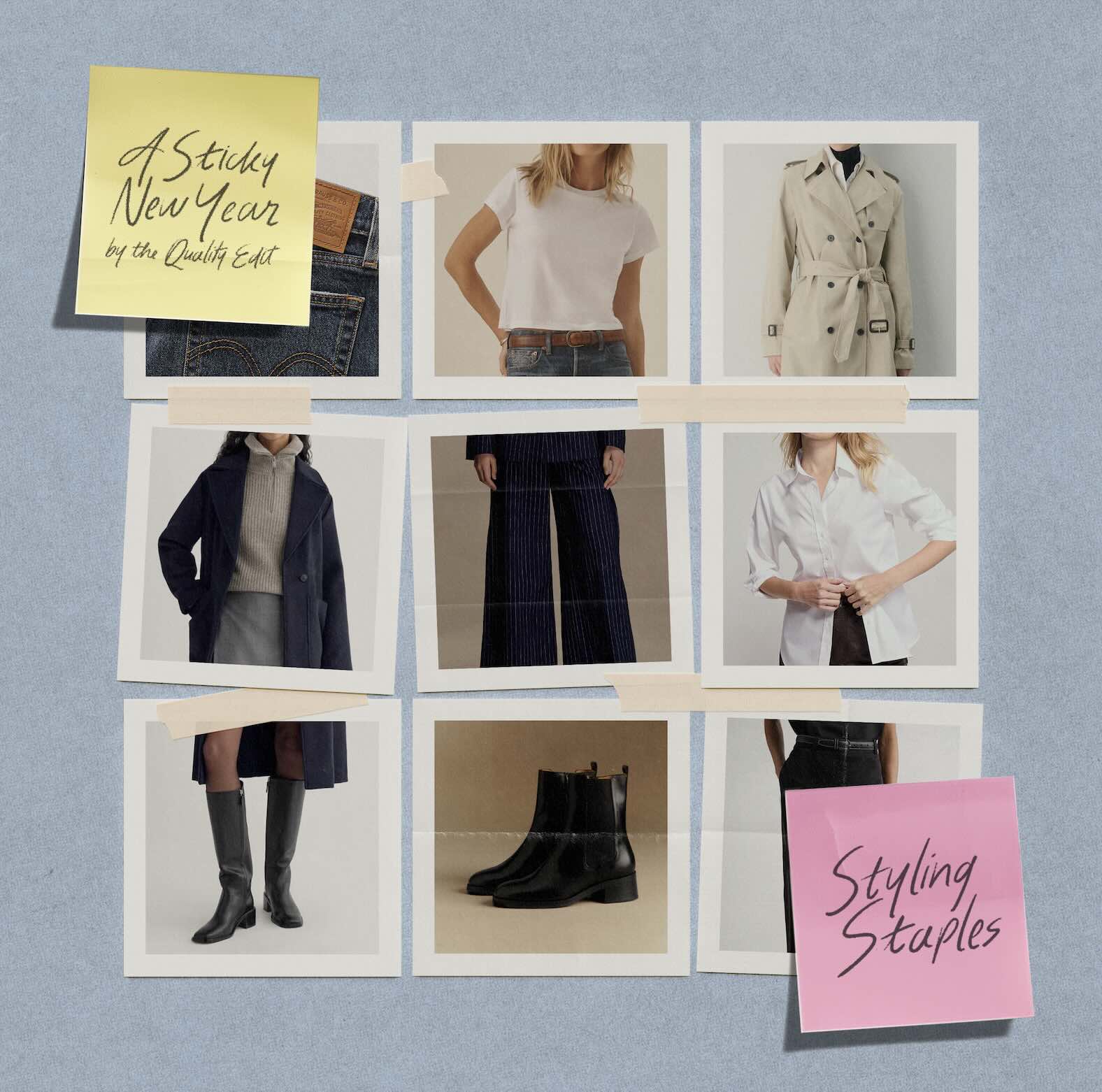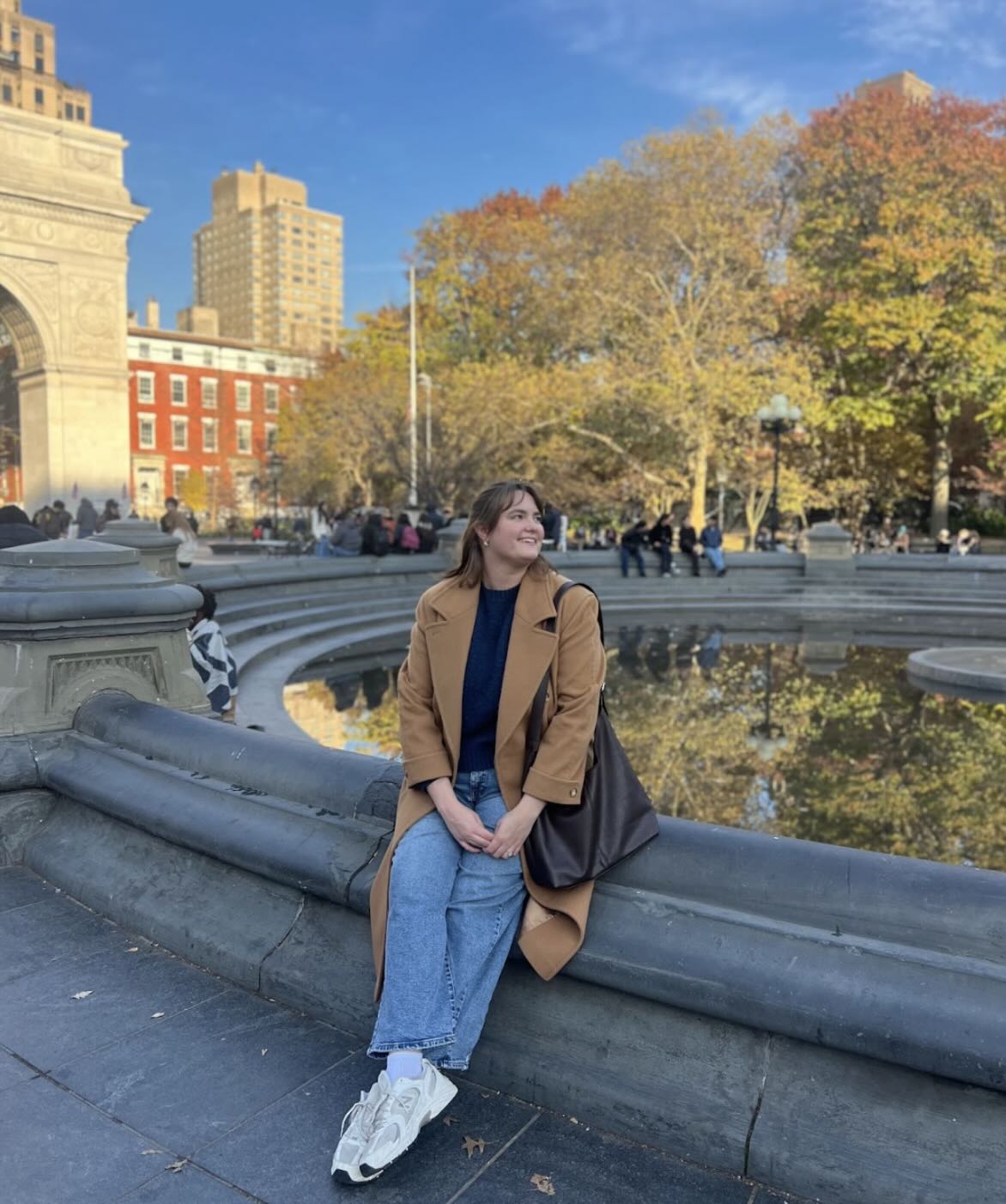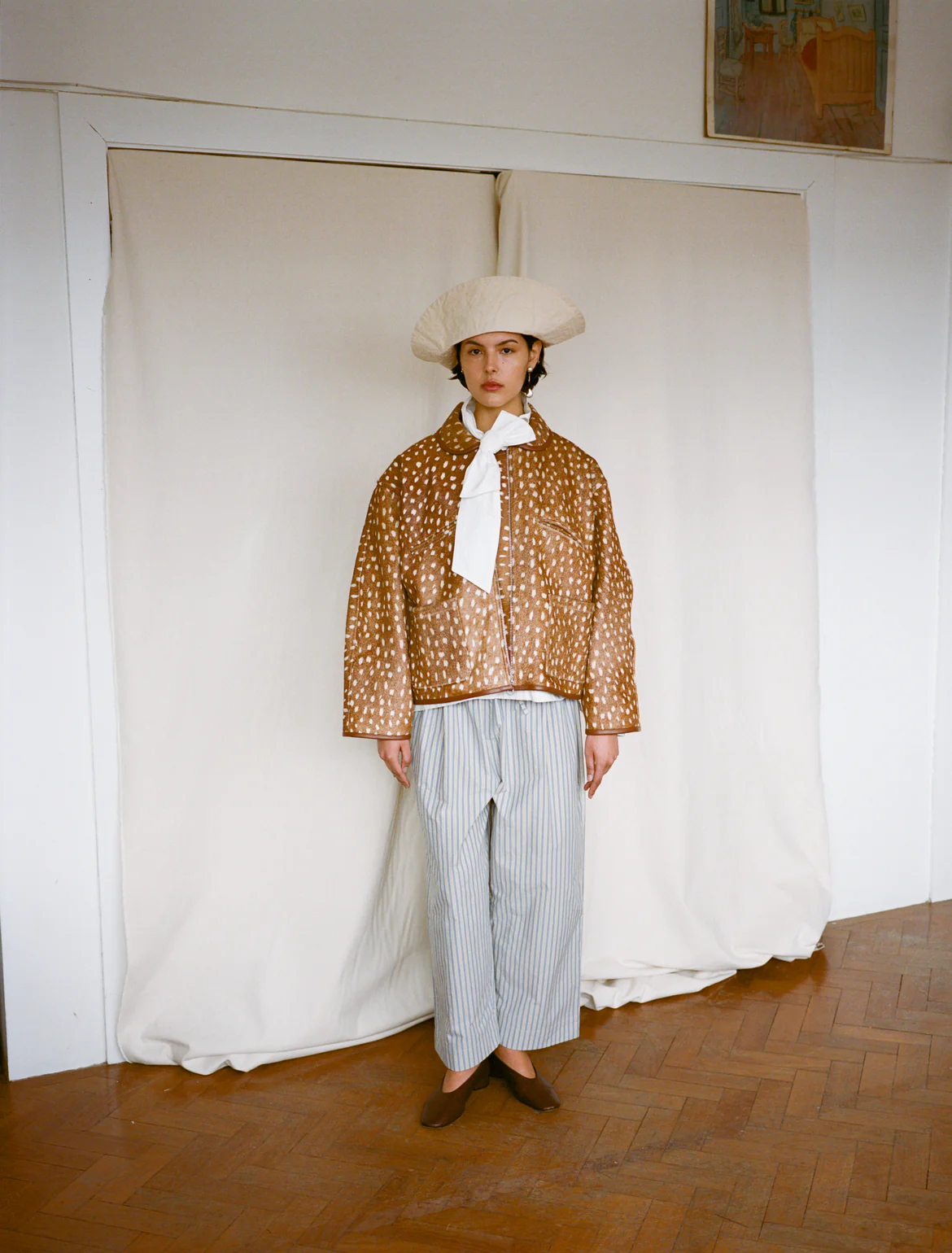We like
We don't like
Our team is dedicated to finding and telling you more about the web’s best products. If you purchase through our links, we may receive a commission. Our editorial team is independent and only endorses products we believe in.
Around seven or eight years ago, I was on a trip to LA and wound up with some time to kill in Venice. It was there, on a strip of boho-chic boutiques, where I found what may be the most perfect black t-shirt in existence.
The cut wasn’t too boxy or too slim. The fabric was weighty but already soft to the touch, even before being washed, with a slightly slubby texture that tickled my fingertips. The black was a couple notches lighter than fully saturated. It looked and felt like a vintage tee that had been worn in just to the perfect sweet spot of softness, but there was a whole stack of them with brand-new labels sewn in the collars that said “Jungmaven.”
The 50 dollar price tag seemed slightly excessive for a t-shirt, but not for this t-shirt. I paid for it happily. That shirt is still in my heavy rotation: the plain black tee out of the dozen or so in my drawer that I go to when I need a classic fit, or when it’s muggy out, or when I just want something soft on my skin. After years of heavy wear, the fabric has only gotten softer, the black faded just a few steps lighter, but there’s not a single tear or hole or sign of deterioration.
Barring an unforeseen accident, it should easily make it to the decade mark and beyond.
HOW THE HEMP TEE WENT FROM HIPPIE GRUNGE TO BOHO CHIC

The secret behind this magical tee is that it’s made with hemp. If you were around in the '90s, you may remember hemp as a cause célèbre among counterculture types, a veritable wonder plant that sucked carbon out of the atmosphere and could be turned into everything from food to paper to building materials, but had been unfairly banned from industrial production in the U.S. because of overly broad drug laws. T-shirts made of hemp—nubby, dishwater brown, and often silkscreened with goopy hippie art—became the popular symbol of the movement.
Jungmaven founder Rob Jungmann first got involved with hemp in the mid-90s, when he was in his early 20s. “The more you read about the benefits of industrial hemp,” he says, “the more ludicrous it seems that it was illegal to grow.” He decided to become an evangelist for the plant, using the humble hemp tee as his platform. “I figured the fastest way for me to bring hemp to the masses would just be to deliver a very high quality t-shirt, get it on their backs, and then they'll talk about it.”
The brand launched with just two tees—a long-sleeve and a short-sleeve—in black, white, and navy, but while the selection may have been humble, Jungmaven was kicking off a minor revolution. If the Clinton-era hemp tee was more virtuous than fashionable, Jungmann brought a sense of style to his designs. An earlier brand that he sold before starting Jungmaven has evolved into a cult-favorite Japanese outdoor wear brand. Crucially, he brought a greater level of luxury to the material, blending it with organic cotton to produce the tactile decadence that made me buy that first tee.
THEY’RE MORE THAN JUST PERFECT T-SHIRTS

From those first two t-shirt designs, Jungmaven’s grown into a complete head-to-toe apparel line ranging from breezy casual wear to activewear to intimates, plus bedding and linens, all made from hemp and hemp blends, and all sporting a laid-back surfer-chic style.
T-shirts are still the brand’s core product. Jungmaven now offers over thirty different styles, from the classic unisex Original Tee ($55), which Jungmann’s been refining since 2008, to the new women’s Madison Tee ($84), whose relaxed cut and 100 percent hemp composition showcase the fabric’s gorgeous drape. With a seascape palette of blues and greens, with splashes of golden sunshine yellow, they bring an easy Malibu vibe to almost any outfit.
Beyond tees, there are also options that work just as well in the office or at a dinner party as they do on the beach. The new Tucson button-up ($176) delivers a cute cropped, boxy silhouette in a lightweight and breathable 100% hemp fabric that looks and feels like luxury linen. The drawstring Ocean Pant ($211) can be dressed up for dinner with a pair of cute clogs, but it's soft and roomy enough to wear to yoga class.
And speaking of workouts, the brand now boasts an entire active line including Bike Shorts ($54), the Sporty Tank ($44), and a super cute one-piece Singlet ($76). Made from a stretchy but soft hemp/organic cotton/spandex blend, their Singlet feels infinitely better against the skin than the sticky synthetics that most workout gear is cut from. Spend an afternoon in the Orosi Leggings ($76) and you might never go back.
WHAT CAN’T HEMP DO?

Adding a little Jungmaven to your wardrobe can really turn you into a true believer about the power of hemp. Their clothes are as soft, breathable, and nice to feel against your skin on day one as it takes most cotton garments years of heavy wear to achieve. They’re especially nice in hot weather, when they magically wick sweat away from your skin even in humid conditions. (Jungmaven tees were my uniform when I shot a documentary in Haiti.) Once you experience hemp clothes this comfortable and durable, things like hemp concrete, hemp plastics, and hemp milk don’t seem so outlandish. What can’t this stuff do?
Jungmann intends to find out. Two years ago, he took the step from just making stuff out of hemp to growing it, planting a test patch with one of his fabric suppliers in the San Joaquin Valley now that hemp is legal to grow in the U.S. “It grew to be 24 feet tall,” he says. “This tall, green forest growing around shallow crops and a lot of brown. The root structure is incredible for the soil, and it just gobbles up CO2 like no other. We’re wasting all this energy on, like, ‘Let’s build a machine that sucks up CO2 and turns it into a rock.’ OK, well why not just grow hemp and put it back into the earth?”


























